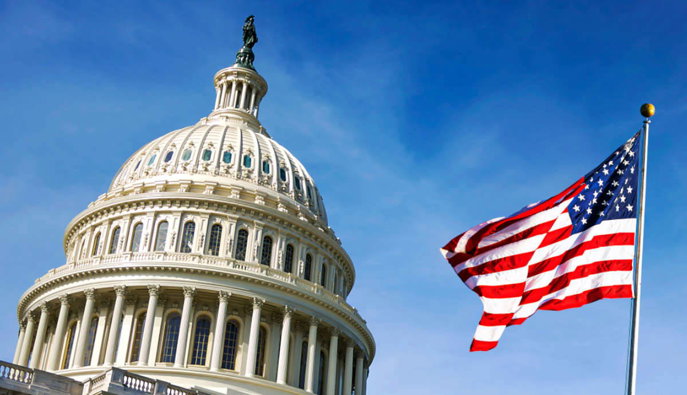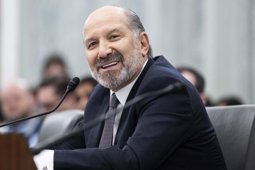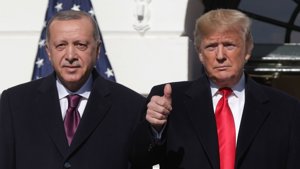
Senate Clears Trump Economic Agenda
In a pivotal move for President Donald Trump’s fiscal policy, Republicans in the United States Senate passed a budget resolution early Saturday that enables the administration to proceed with key elements of its economic agenda. The 51-48 vote followed a lengthy overnight session and empowers the GOP to advance a major bill combining tax cuts and spending reductions without requiring Democratic support.
The resolution serves as a procedural step that unlocks the budget reconciliation process, a legislative mechanism allowing the ruling party to pass certain fiscal legislation with a simple majority in the Senate. This path significantly enhances the chances of enacting Trump’s signature tax and spending reform initiatives.
Senate Republicans, unified in their support, emphasized that the resolution is vital to reviving economic growth, reducing the federal deficit, and delivering on promises made during the presidential campaign. The measure now heads to the House of Representatives, where Speaker Mike Johnson faces a tight vote due to the GOP’s slim majority.
“We’ve taken an important step tonight to restore fiscal responsibility and unleash America’s economic potential,” said a senior Senate Republican following the vote. Democrats criticized the resolution for potentially leading to cuts in social programs and argued that it prioritizes tax relief for corporations and high-income individuals over support for working families.
The legislation is expected to outline detailed tax reductions and targeted federal spending adjustments. While the specifics remain to be finalized, early indications suggest that corporate tax rates and personal income tax brackets will be key components of the upcoming bill.
As the resolution advances to the House floor, all eyes will be on Speaker Johnson’s ability to unify his caucus and overcome resistance from both fiscal conservatives and moderates. A successful vote in the House would mark a major legislative victory for Trump’s administration and signal momentum toward broader economic reform.
With the budget framework now set, the GOP is poised to introduce formal legislation in the coming weeks. The debate is expected to intensify as lawmakers negotiate the scope of the tax and spending changes and assess their impact on the economy and federal budget.






